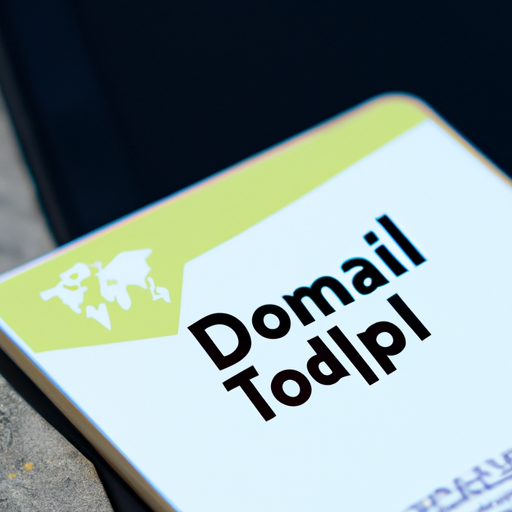In an increasingly digital world, the importance of data privacy cannot be overstated. As businesses collect and process more personal information, regulatory frameworks like the General Data Protection Regulation (GDPR) and California Consumer Privacy Act (CCPA) have emerged to protect consumer rights. Navigating these regulations is essential for companies aiming to maintain trust and compliance.
Understanding Data Privacy Regulations
Data privacy regulations, such as GDPR and CCPA, are designed to safeguard personal information and provide individuals with more control over their data. These laws require businesses to implement specific measures to ensure compliance, which can be challenging, particularly for smaller companies.
Key Regulations Businesses Should Know
- GDPR: Enforced in the European Union, GDPR mandates strict data protection protocols, impacting any business processing the data of EU citizens, regardless of its location.
- CCPA: This California law enhances privacy rights and consumer protection for residents, requiring businesses to disclose the information they collect and allowing consumers to opt-out of its sale.
Steps for Adapting to Data Privacy Regulations
- Conduct a Data Audit: Assess the types and amounts of personal data your business collects, processes, and stores.
- Update Privacy Policies: Ensure your privacy policies are transparent and easy to understand, detailing how data is collected, used, and shared.
- Implement Data Protection Measures: Invest in robust data security measures, including encryption and access controls, to protect sensitive information.
- Train Employees: Provide training for employees on data privacy regulations and best practices to foster a culture of compliance.
- Designate a Data Protection Officer: Appoint a qualified individual responsible for overseeing data protection strategies and ensuring compliance.
Embracing a Privacy-Centric Culture
Beyond compliance, adopting a privacy-centric culture can bolster consumer trust and enhance your brand’s reputation. By prioritizing data privacy, businesses not only comply with legal requirements but also demonstrate a commitment to protecting customer information.
Conclusion
As data privacy regulations continue to evolve, staying informed and proactive is key for businesses. Adapting to these changes not only protects consumers but also positions businesses for long-term success in a privacy-conscious landscape.
For more information on implementing data privacy regulations effectively, consult with legal experts and data protection professionals. Staying compliant is not just a legal obligation but a business imperative in today’s digital world.




